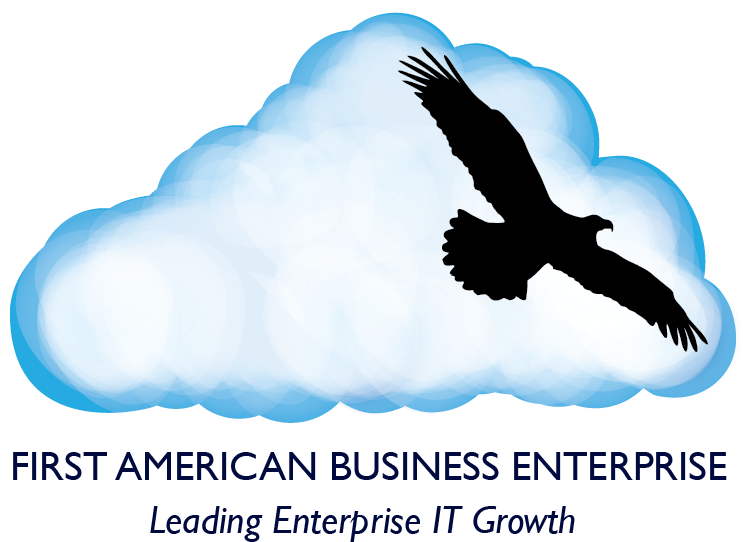OPEX vs CAPEX
 As strange as it sounds these days, there was a time that if you wanted to start, or grow a company, and you needed telecommunications services (phones, voicemail) you had to think about physical facilities (closets), network circuits, and buying your own hardware.
As strange as it sounds these days, there was a time that if you wanted to start, or grow a company, and you needed telecommunications services (phones, voicemail) you had to think about physical facilities (closets), network circuits, and buying your own hardware.
Today, however, none of that is necessary. It is possible to just log into your favorite hosted service provider (Amazon, 8×8, etc.) and pay for the services you use. It doesn’t cost hundreds of thousands of upfront costs and best of all you don’t have to become an expert in all things telecom – you can focus on your business.
The -aaS market (as-a-Service) didn’t exist many years ago. You couldn’t just buy infrastructure-as-a-service you needed to invest cash up front. This has led us to the increased discussion around OPEX vs CapEx.
Definition of OPEX
The trend in the telecom and IT industry now is to go “OPEX”. So what exactly is OPEX? It stands for Operational expenditure and refers to expenses incurred in the course of ordinary business, such as sales, general and administrative expenses (and excludes things like taxes, depreciation and interest).
Accounting treatment: Operating expenses are fully deducted in the accounting period during which they were incurred. If you pay $1,000 a month to a service provider for phone services the full amount shows up as an expense the month you pay or consume that service. This shows up as a line item on the P&L.
Operating expenditures include maintenance and repairs, advertising, office expenses, supplies, professional fees, utilities such as telephone, insurance, property management, property taxes, travel, commissions, salary and wages, and other similar items.
Definition of CAPeX
Capital expenditures are expenditures (usually large 1 time items) creating future benefits. A capital expenditure is incurred when a business spends money either to buy fixed assets or to add to the value of an existing asset with a useful life that extends beyond the tax year.
Accounting Treatment: CapEx expenditures cannot be fully deducted in the period when they were incurred. CapEx assets are depreciated (or amortized) over time.
Capital expenditures tend to be major investments in goods, which show up on the balance sheet and are depreciated over the life of the asset, typically 3 – 7 years.
Example: Once you have purchased a capital good (such as a PBX), you’re stuck with it. As anyone who has purchased a car understands, even if you’re no longer excited about owning it, the finance company still expects a monthly payment. However, if you rent a car, you are committed to it only as long as you want to use it – and once you’ve paid for that use, you have no further financial obligation.
So what should a Telecom Manger do?
As an IT or telecom manager what you deploy today may not be what you want in 3 years from now. What once required dedicated real estate, dedicated employees and lots of upfront cost can be fulfilled remotely via the cloud with a subscription fee for the service.
Organizations have more options to obtain the latest and greatest technology. They can focus on their core competencies and transition many of their CapEx investments to OPEX spending, freeing up cash for those investments and other projects that drive revenue and growth.
Organizations usually want to direct their investment toward revenue-generating activities. This is why many organizations prefer to lease rather than purchase — they don’t want to tie up important capital.
Final thought: It’s no longer as simple as “on premise equipment” = CAPEX and “off premise cloud” = OPEX”. More flexible, OPEX funding arrangements are available for most IT architectures from on premise to hybrid to public cloud. An on premise “private cloud” infrastructure can be sold as OPEX, to provide an off balance sheet transaction. Combined with Managed Services from a quality vendor, it provides the infrastructure and administration for a predictable monthly fee, and allows you to focus on your core tasks.
